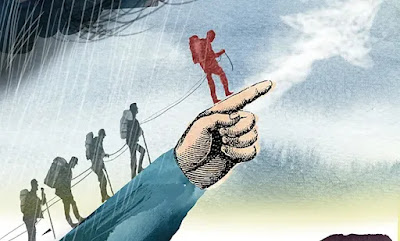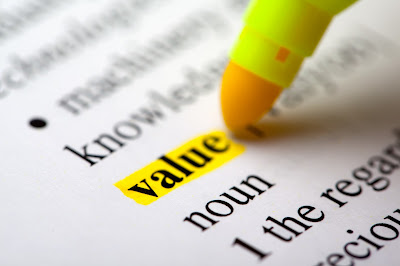Which group are you?
Marissa represents the networks’ maps, which may be useful for individuals when expanding networks purposefully. There are three types of people, as Marissa says: first the expansionist, second the broker, and third the convener (2021:5). They're all different and all have their advantages.
 |
| The networks map by Marissa King Credit to the book pg.5 |
Let’s start with the expansionist. This group has extraordinarily large networks, is well-known, and has the uncanny ability to work a room. However, they frequently struggle to preserve their social links and make the most of those ties in order to generate value for themselves. This group tends to be louder and to talk more frequently than their peers, and they are less likely to interrupt.
The broker is number two. This group provides value by bringing together traditionally unconnected partners from different social realms. Their networks have huge information benefits and are highly innovative, since the majority of new ideas come from recombination.
Finally, the convener. This group develops extensive networks, in which their friends are friends with other friends from their group. This type of network has outsized trust and reputational benefits. In addition, conveners are great listeners.
 |
| Connection works! Credit to woodhurst.com |
According to Marissa, those three types don't always stand together; in many real-world circumstances, they mix. For example, Vernon Jordan is an American business executive and civil rights attorney. He strikes an exemplary balance between the deep trust of convening, creating information benefits for everyone in his network through brokerage, and maintaining a mind-boggling number of contacts. (King, 2021:7)
For this type of situation, I assume it is the combination of the expansionist and the broker. When it comes to making personal connections with individuals in one-on-one situations, I'd like to think that I'm very good at it. It often works to create connections in a variety of different circles. For instance, I got a new buddy from a scholarship seminar, and parallely her ex-supervisor is my recent supervisor at work. I may resonate with the benefit that I can gather a lot of novel stories because of this brokerage scheme. On the other hand, as an expansionist, I can't say that I am less likely to interrupt people since I chat according to their requirements.
In a nutshell, I have no doubt that the quality of my connections has a good impact on both the personal and professional aspects of my life. I never feel burdened by it; it is part of my daily life, as we are all social creatures. We need other people, but we should not depend on them. I strive maintaining my connections over time, not because I need something from them but because they are part of my life. So, which group are you in? The expansionist? The broker? Or the convener? Whatever it is, embrace it and evolve it. At the end of the day, it can bring benefits; it could be transactional, but it’s essential.



Komentar
Posting Komentar